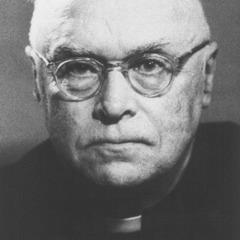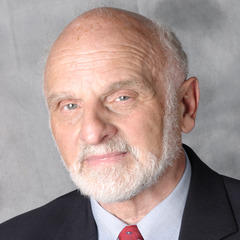John Wesley Quotes - Page 8
Sermons on Several Occasions Sermon 88 (1788). The Oxford Dictionary of Proverbs notes, "Next in this proverb means 'immediately following,' as in serial order." The ODP refers to a passage in Francis Bacon, Advancement of Learning (1605), reading, "Cleannesse of bodie was euer esteemed to proceed from a due reverence to God."
No circumstances can make it necessary for a man to burst in sunder all the ties of humanity.
John Wesley (1831). “The Works of the Reverend John Wesley, A. M.”, p.288
John Wesley, John Emory (1835). “The Works of the Late Reverend John Wesley, A.M.: From the Latest London Edition with the Last Corrections of the Author, Comprehending Also Numerous Translations, Notes, and an Original Preface, Etc”, p.585
John Wesley, Bp. John Emory, Thomas Jackson (1831). “The Works of the Rev. John Wesley, A.M.: Miscellaneous”, p.632
A constant attention to the work which God entrusts us with is a mark of solid piety.
John Wesley (1872). “Works: With the Last Corrections of the Author”, p.440
Read the most useful books, and that regularly and constantly.
John Wesley (1825). “The Life of the Rev. John Wesley ... to which is Prefixed Some Account of His Ancestors and Relations; with the Life of the Rev. Charles Wesley, Etc”, p.335
John Wesley, Bp. John Emory, Thomas Jackson (1831). “The Works of the Rev. John Wesley, A.M.: Miscellaneous”, p.525
We should constantly use the most common, little, easy words which our language affords.
Of preaching to 'plain people', in R. Southey 'Life of Wesley' (1820) ch. 16
1738 A Collection of Psalms and Hymns, 'Divine Love'.
John Wesley, John Emory (1758). “Journals”, p.366
John Wesley (1855). “A plain account of Christian perfection ... Eighteenth edition”, p.91
John Wesley (1831). “The Works of the Reverend John Wesley, A. M.”, p.525
John Wesley, John Emory (1835). “The Works of the Late Reverend John Wesley, A.M.: From the Latest London Edition with the Last Corrections of the Author, Comprehending Also Numerous Translations, Notes, and an Original Preface, Etc”, p.313
John Wesley (1827). “The Works of the Rev. John Wesley: The doctrine of original sin, and tracts on various subjects of polemical divinity”, p.532
John Wesley (1797). “A Collection of Hymns, for the use of the people called Methodists ... A new edition”, p.4
John Wesley (1831). “The Works of the Reverend John Wesley, A. M.”, p.254







